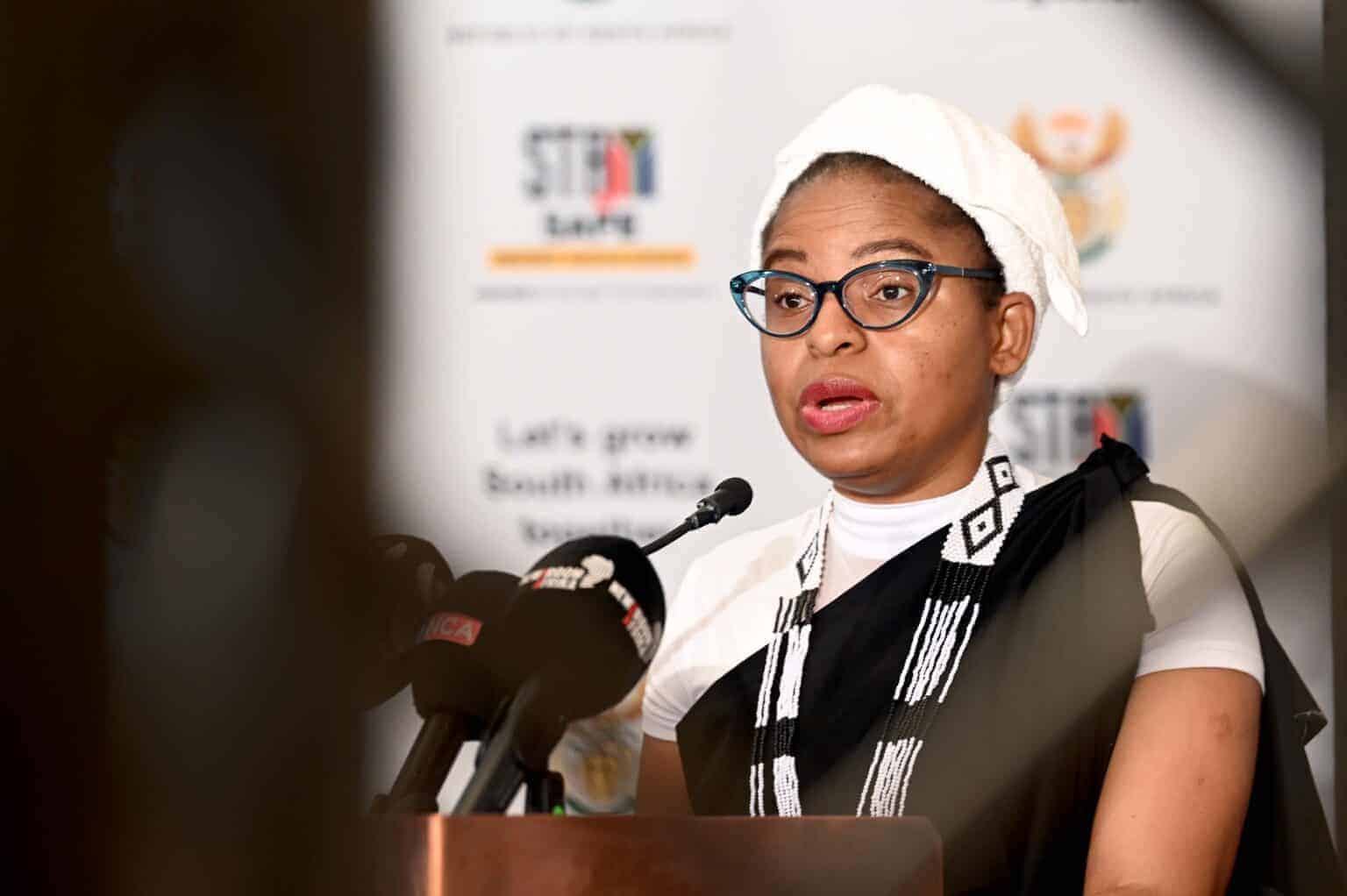Ntshavheni says the country could not change plans at the last hour to accommodate the US.

Minister in the Presidency Khumbudzo Ntshavheni says South Africa did not outmanoeuvre the United States (US) at the G20 summit.
This amid the confusion and drama around the US’ participation at the summit.
According to Ntshavheni, the US initially communicated that it would send its Vice President, JD Vance.
“Their team came. We worked with them to prepare for their coming. Then they were called back: ‘nobody’s coming.’ We’re not sending anybody to the summit,” she told Newzroom Afrika on Sunday.
South Africa proceeded to make arrangements for the summit, excluding the US.
ALSO READ: South Africa concludes G20 presidency, becomes IBSA chair
“We are a host. We need to plan. So you plan the seating arrangements. You rearrange your things accordingly, in accordance with who is coming and the levels they’re coming from. So we were told they’re not coming. And we made arrangements to say, there will not be a handover ceremony. There will be a closing ceremony. And then we’ll arrange the handovers because it’s not a necessity that you must hand over,” she said.
‘It doesn’t work like that’
The US then said it would send a chargé d’affaires who would not participate in the summit’s activities but would only observe.
When they realised they could not only attend and observe, they settled for the handover ceremony, which was not part of the plan.
This was when South Africa informed the US that it would make arrangements to hand over the G20 presidency at the Dirco offices.
ALSO READ: Ntshavheni: US attitude towards South Africa has nothing to do with G20
“I don’t think they understood that we are an organised bunch of people. They thought they could just tell us to jump, and we’d say how high. It doesn’t work that way.
“We are a sovereign state. We make arrangements. This is a multilateral platform. A decision of one country cannot disrupt and negatively impact the other countries. We needed to show respect to all our guests. And our guests who told us in time they’re coming, we needed to show respect to them. We needed to also show that we have plans. And the plans cannot be changed at the last hour. “
Ntshavheni on security arrangements
The US’ communication to send a chargé d’affaires would have had implications on the security arrangements already in place, said Ntshavheni.
“Remember, the preparations include security arrangements. And for security, you need to accredit people. People have to be registered. They need to say who’s coming, like a delegation,” she explained.
“There’s a delegation format on the leader summit to say, it’s the president or a leader plus this number [of people] who must be in that room. And you accredit accordingly.
“People need to tell you, are they coming? Are they sending their embassy? And to manage those, we also have a closing date for pre-registration and then for the collection of the accreditation, so that we can measure. So, the US, remember, this is not the first move they have made.”
NOW READ: G20 spinoffs will manifest down the line – experts






